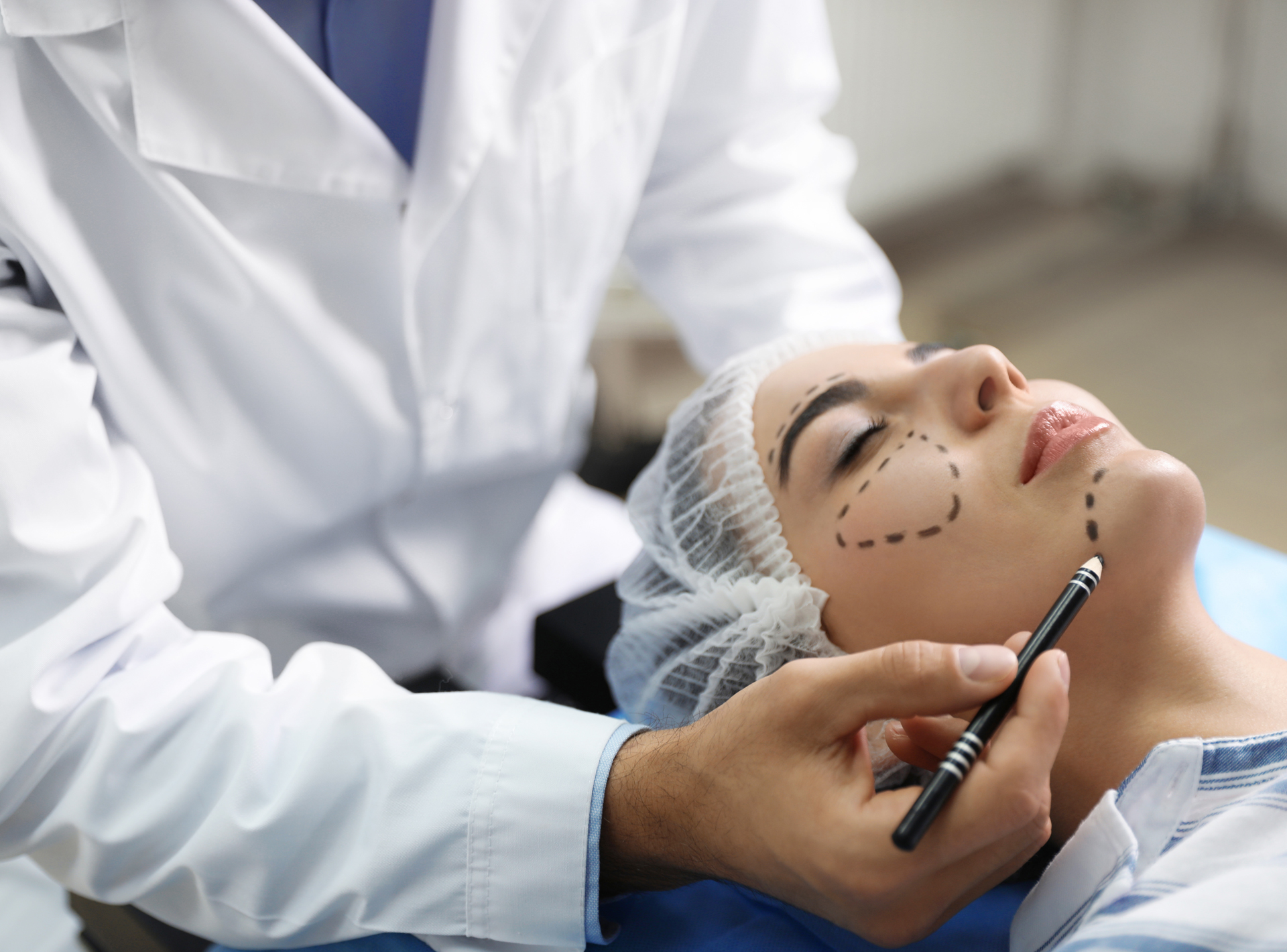 The Medical Board of Australia is currently consulting on three reforms to make cosmetic surgery safer – potentially involving GPs in the referral process.
The Medical Board of Australia is currently consulting on three reforms to make cosmetic surgery safer – potentially involving GPs in the referral process.
All three reforms were recommended by the recent Independent review of the regulation of medical practitioners who perform cosmetic surgery (published 1 September 2022) and are part of wider changes designed to raise the bar for Australian cosmetic surgery.
They include:
- A registration standard – endorsement of registration for cosmetic surgery for registered medical practitioners
- Higher professional standards, in updated Guidelines for medical practitioners who perform cosmetic medical and surgical procedures – this will also provide the measure for assessing complaints
- Tougher advertising requirements, in new Guidelines for medical practitioners who advertise cosmetic surgery, including social media and the use of influencers
The Guidelines contained in the public consultation document, published 14 November 2022, recommend that all patients seeking both minor and major cosmetic surgery must have a referral, preferably from their usual GP or, if necessary, from another independent GP.
Similarly, the patient must be referred for evaluation to an independent psychologist, psychiatrist, or GP if screening indicates that the patient has significant underlying psychological issues which may make them an unsuitable candidate for the procedure.
Notably, in addition to introducing a mandatory cooling-off period for payments, the Guidelines also recommend that cosmetic surgeons are barred from offering financial inducements such as a commission to agents for the recruitment of patients.
This includes providing free treatment to prospective patients and social media influencers or users for the promotion of procedures or services.
MBA Chair, Dr Anne Tonkin, explained that the latest round of consultation has been streamlined to meet the timeframes stipulated by Australian Health Ministers and will draw on the extensive public consultation that underpinned the independent review.
‘We’re keeping our word and moving quickly to make cosmetic surgery safer,’ Dr Tonkin said.
“Your feedback will help us set the right foundations for safer cosmetic surgery, so consumers know who to go to and doctors know what is expected. We are keen to hear from all stakeholders including organisations, medical practitioners, other health practitioners and consumers.”
After reflecting on consultation feedback, the MBA will finalise both advertising and professional guidelines and refer the registration standard to Health Ministers by early 2023.
Health Ministers are also considering restricting who can call themselves a surgeon through a change in federal laws, so that consumers can make better informed decisions when determining who is qualified to use this title.
The new registration standard paves the way for cosmetic surgery endorsement and in a separate process, the Australian Medical Council (AMC) will set the accreditation standards and graduate outcomes that will determine which qualifications are recognised as relevant.
“In parallel, the AMC is developing and will consult on accreditation standards and graduate outcomes required to gain endorsement. These are the gateways to public recognition of expertise and will determine which qualifications are recognised for endorsement,” Dr Tonkin explained.
“There are no qualifications approved yet.”
The draft registration standard mandates the need for data collection, limits major cosmetic surgery to accredited facilities and does not include ‘grandparenting’.
Those interested can use the submission form or submit feedback via the online surveys for organisations, practitioners, and consumers at: https://www.ahpra.gov.au/Resources/Cosmetic-surgery-hub.aspx

